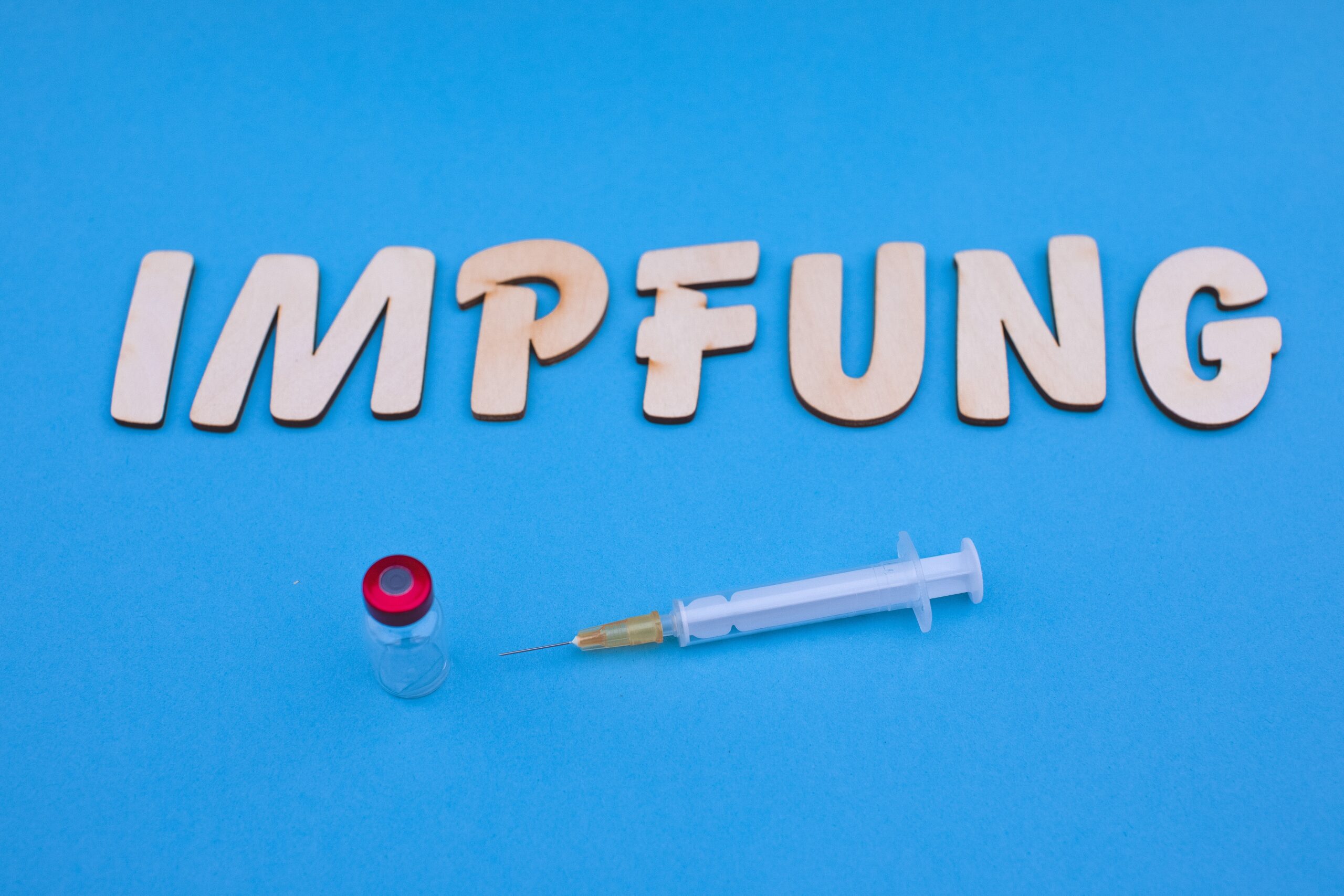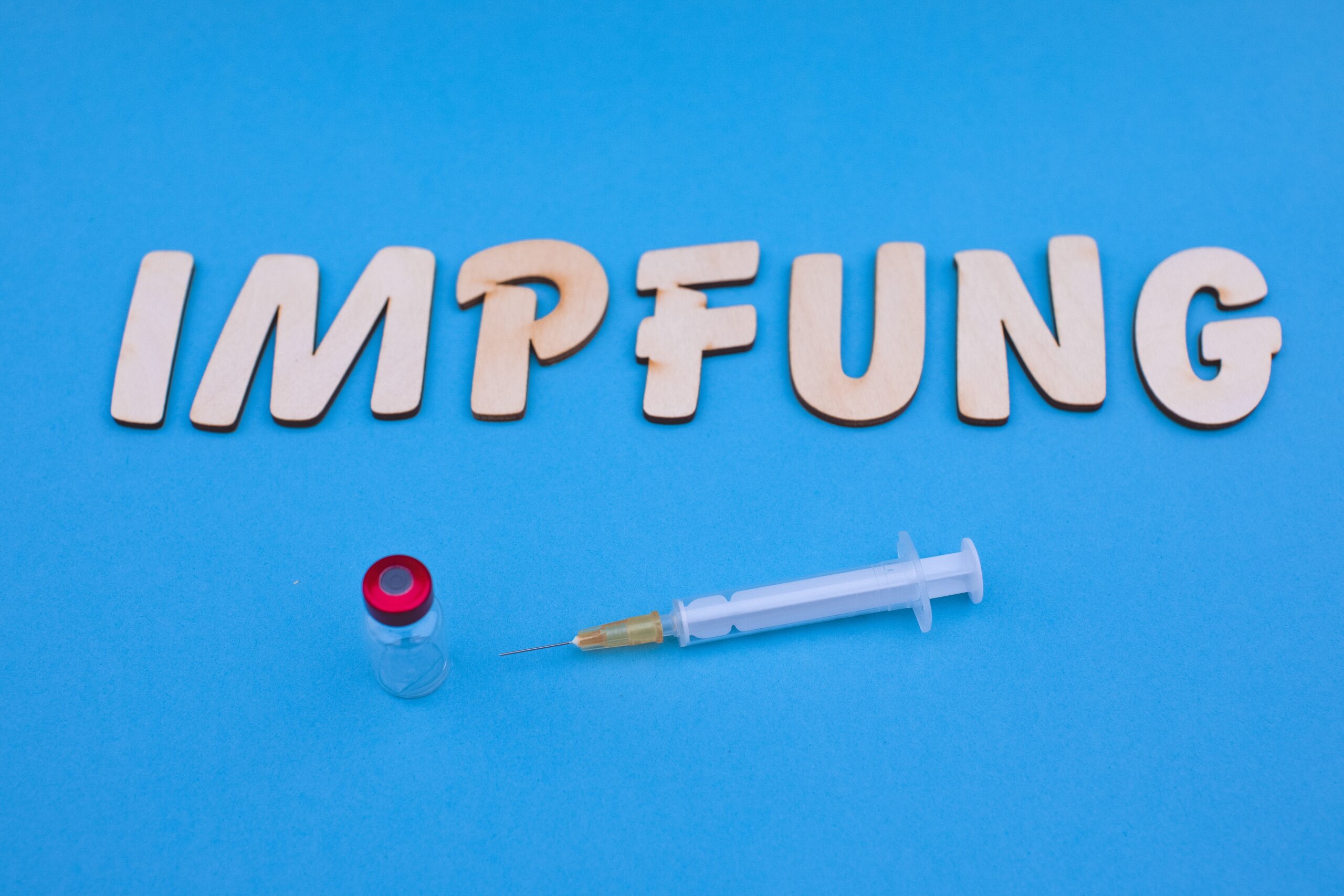In “Understanding Psychotic Disorders,” gain insight into the world of mental health conditions known as psychotic disorders. Delve into the different types of psychotic disorders and explore the various treatment options available. This article aims to provide a friendly and approachable overview of these conditions, shedding light on a topic that affects many individuals and their loved ones. So, join us as we embark on a journey to better understand the complexities of psychotic disorders and discover the hope and support that is available for those who need it.

What is Psychosis?
Psychosis is a mental health condition characterized by a loss of touch with reality. It is a symptom of several psychiatric disorders, rather than a disorder itself. When a person experiences psychosis, they may have hallucinations (seeing or hearing things that aren’t there) and delusions (holding false beliefs, often with an unwavering conviction). These hallucinations and delusions can significantly impact a person’s thoughts, emotions, and behavior, making it difficult for them to function and engage in daily life activities.
Definition
Psychosis refers to a severe mental state in which an individual experiences a break from reality. This break from reality can manifest in various ways, such as hallucinations, delusions, disorganized thoughts and speech, and impaired cognitive functioning. It is important to note that psychosis is not a specific disorder but rather a symptom that can occur in a range of psychiatric conditions, including schizophrenia, schizoaffective disorder, and substance-induced psychotic disorder.
Causes
The exact causes of psychosis are not fully understood, but it is believed to result from a combination of genetic, environmental, and neurobiological factors. Some individuals may have a genetic predisposition to develop psychosis, meaning that they have a higher likelihood of experiencing the condition if they have close family members with a history of psychosis. Environmental factors, such as exposure to trauma, stress, or substance abuse, can also contribute to the development of psychosis. Imbalances in brain chemicals, particularly dopamine, have been implicated in the onset of psychotic symptoms.
Symptoms
The symptoms of psychosis can vary depending on the underlying disorder and the individual’s unique experiences. However, common symptoms include hallucinations, delusions, disordered thinking, difficulty concentrating or following a conversation, and changes in behavior and emotions. Hallucinations can involve seeing or hearing things that others do not perceive, while delusions may be characterized by firmly held false beliefs. Individuals experiencing psychosis may also exhibit social withdrawal, reduced motivation, and a decline in overall functioning.
Types of Psychotic Disorders
There are several types of psychotic disorders, each with its own distinct features and diagnostic criteria. Understanding the different types is crucial for accurate diagnosis and appropriate treatment.
Schizophrenia
Schizophrenia is one of the most well-known and severe psychotic disorders. It is marked by a combination of psychotic symptoms, such as hallucinations and delusions, along with significant impairments in thinking, behavior, and emotion regulation. Schizophrenia often emerges in late adolescence or early adulthood and can have a profound impact on an individual’s ability to function in various areas of life.
Schizoaffective Disorder
Schizoaffective disorder is characterized by a combination of symptoms seen in both schizophrenia and mood disorders, such as bipolar disorder or depression. Individuals with schizoaffective disorder experience delusions, hallucinations, and disordered thinking, along with significant mood disturbances.
Brief Psychotic Disorder
Brief psychotic disorder is a temporary and relatively short-lived episode of psychosis that usually lasts less than one month. It is often triggered by an extremely stressful or traumatic event and resolves on its own without requiring ongoing treatment.
Delusional Disorder
Delusional disorder is characterized by the presence of delusions that are not accompanied by prominent hallucinations or other psychotic symptoms. These delusions may be fixed, false beliefs that are maintained despite evidence to the contrary.
Substance-Induced Psychotic Disorder
Substance-induced psychotic disorder occurs as a result of substance abuse or withdrawal. Certain substances, such as methamphetamine and hallucinogens, can trigger psychotic symptoms. Once the substance is removed from the body, the psychosis typically subsides.
Psychotic Disorder Due to Another Medical Condition
Some medical conditions, such as brain tumors, infections, or autoimmune disorders, can cause psychosis as a result of their effects on the brain. When psychosis arises due to a medical condition, it is referred to as a psychotic disorder due to another medical condition.
Diagnosis of Psychotic Disorders
Accurate diagnosis of psychotic disorders is crucial for providing appropriate treatment and support. Diagnosing a psychotic disorder typically involves a comprehensive assessment that is conducted by a mental health professional.
Psychiatric Evaluation
A psychiatric evaluation involves a thorough interview and assessment of an individual’s symptoms, history, and current functioning. The mental health professional will ask specific questions to better understand the nature and severity of the psychotic symptoms. They may also inquire about family history of mental health conditions and any recent stressful events or substance use.
Medical Tests
In some cases, medical tests may be recommended to rule out any potential underlying medical conditions that could be causing the psychosis. These tests may include blood tests, imaging studies, or neurological assessments. Identifying and addressing any underlying medical conditions is crucial for accurate diagnosis and effective treatment.
Criteria for Diagnosis
Diagnosing a specific psychotic disorder is based on the criteria outlined in the Diagnostic and Statistical Manual of Mental Disorders (DSM-5) produced by the American Psychiatric Association. The DSM-5 provides a standardized set of criteria that mental health professionals use to determine if an individual meets the diagnostic criteria for a particular disorder.
Treatment of Psychotic Disorders
Treating psychotic disorders involves a comprehensive approach that aims to reduce symptoms, improve overall functioning, and enhance quality of life. The treatment plan for each individual will depend on factors such as the specific disorder, symptom severity, and the individual’s unique needs and preferences.
Medication
Medication is often a crucial component of treatment for psychotic disorders, especially for disorders like schizophrenia. Antipsychotic medications are commonly prescribed to help manage symptoms such as hallucinations, delusions, and disorganized thinking. These medications work by targeting imbalances in brain chemicals, helping to reduce the severity and frequency of psychotic symptoms. It is important to work closely with a psychiatrist to find the most effective medication and dosage, as each person may respond differently to different medications.
Therapy
Therapy plays an essential role in the treatment of psychotic disorders. Different types of therapy, such as cognitive-behavioral therapy (CBT) and family therapy, can help individuals better understand their symptoms, develop coping strategies, and improve overall functioning. CBT focuses on identifying and challenging distorted thinking patterns and developing healthier ways of thinking and behaving. Family therapy can help improve communication, reduce stress, and enhance understanding and support within the family unit.
Hospitalization
In certain cases where an individual’s safety or the safety of others is at risk, hospitalization may be necessary. Psychiatric hospitalization provides a structured and supportive environment where individuals can receive intensive treatment and stabilization. Hospitalization may also be necessary during acute episodes of psychosis to ensure proper monitoring and adjustment of medication.
Supportive Services
Supportive services are essential for individuals with psychotic disorders to receive ongoing assistance and guidance. These services can include case management, vocational support, housing assistance, and access to community resources. Supportive services aim to promote independent living skills, enhance social support networks, and facilitate successful community integration.

Managing Psychotic Disorders
Managing a psychotic disorder requires a comprehensive approach that involves not only professional support but also strategies for self-care, coping, and social support.
Support from Family and Friends
A strong support system consisting of understanding and empathetic family and friends can significantly impact the well-being of someone with a psychotic disorder. Loved ones can provide emotional support, offer reassurance during difficult times, and encourage treatment adherence. Educating family and friends about psychosis can also promote better understanding and reduce stigma.
Self-Care Strategies
Self-care is crucial for individuals with psychotic disorders to maintain their overall well-being. This can involve engaging in activities that promote relaxation, such as practicing mindfulness or engaging in hobbies. Additionally, ensuring regular sleep patterns, maintaining a healthy diet, and exercising regularly can help improve overall physical and mental health.
Coping Skills
Developing effective coping skills is essential for managing the challenges associated with psychosis. This may involve learning techniques to manage stress, anxiety, or intrusive thoughts. Engaging in mindful breathing exercises, journaling one’s thoughts and emotions, and seeking out social support are some strategies that can be helpful in coping with psychotic symptoms.
Professional Support
Professional support from mental health providers, such as therapists and psychiatrists, is essential for individuals with psychotic disorders. Regular therapy sessions can help individuals develop coping strategies, explore personal goals, identify triggers, and improve overall well-being. Additionally, psychiatrists can monitor medication effectiveness and make adjustments as necessary.
Improving Quality of Life
Living with a psychotic disorder can present challenges, but there are various ways to improve the overall quality of life.
Social Support
Having a strong social support network is crucial for individuals with psychotic disorders. Participating in support groups or engaging in social activities can help reduce feelings of isolation and provide opportunities for connection with others who may have similar experiences. Online communities and forums can also be valuable sources of support and understanding.
Engaging in Meaningful Activities
Finding and engaging in activities that bring joy and fulfillment is important for individuals with psychotic disorders. This can include pursuing hobbies, volunteering, or engaging in creative outlets. Engaging in meaningful activities can provide a sense of purpose, boost self-esteem, and enhance overall well-being.
Managing Stress
Effectively managing stress is essential for individuals with psychotic disorders as excessive stress can exacerbate symptoms. Implementing stress-management techniques such as deep breathing exercises, mindfulness meditation, or engaging in regular physical exercise can help individuals better cope with stressors and reduce the impact on their mental health.
Physical Health Care
Taking care of physical health is crucial for overall well-being. It is important to prioritize regular medical check-ups, eat a balanced diet, get regular exercise, and maintain a healthy sleep routine. These lifestyle factors can have a positive impact on both physical and mental health.

Impact on Daily Functioning
Psychotic disorders can have a significant impact on various areas of daily functioning, including work or school, relationships, self-care, and financial stability.
Work or School
Psychotic symptoms can make it challenging to perform effectively at work or school. Individuals may struggle with maintaining focus, completing tasks, and managing stress in these settings. It is important to communicate openly with employers or school administrators about the condition and explore reasonable accommodations to support success.
Relationships
Psychotic disorders can strain relationships due to the symptoms and challenges individuals may face. Open and honest communication with loved ones about the condition, its impact, and ways in which they can provide support can be helpful. Couples or family therapy can also improve communication and understanding within relationships.
Self-Care
Psychotic disorders can sometimes make self-care activities more challenging. Individuals may struggle with motivation, grooming, or maintaining a regular routine. Implementing self-care strategies, such as setting goals, creating a structured daily schedule, and seeking assistance when needed, can help individuals prioritize their well-being.
Financial Stability
The impact of psychotic disorders on financial stability can vary from person to person. Some individuals may experience difficulty maintaining employment due to symptoms or challenges related to treatment. Seeking vocational support services, exploring options for flexible work arrangements, or vocational rehabilitation programs can help individuals maintain financial stability while managing their mental health.
Role of Medication
Medication plays a vital role in the management of psychotic disorders, particularly those characterized by hallucinations, delusions, and disorganized thinking.
Antipsychotic Medication
Antipsychotic medication is commonly prescribed to help reduce the symptoms associated with psychosis. These medications work by targeting imbalances in brain chemicals, particularly dopamine, which is implicated in the development of psychotic symptoms. There are two main types of antipsychotics: first-generation and second-generation. Each has its own benefits and potential side effects, and the choice of medication will depend on individual needs and response.
Side Effects
Although antipsychotic medications can be effective in managing symptoms, they may also have potential side effects. Common side effects include sedation, weight gain, dry mouth, and dizziness. It is important to discuss any side effects experienced with a healthcare provider to determine if adjustments in medication or dosage are necessary.
Compliance and Monitoring
Maintaining medication compliance is crucial for optimizing treatment outcomes. It is important to take medications as prescribed and to communicate with healthcare providers about any concerns or difficulties with medication compliance. Regular monitoring and follow-up appointments with a psychiatrist are essential to evaluate medication effectiveness and adjust dosages if needed.
Psychosocial Interventions
In addition to medication, psychosocial interventions are an important component of the overall treatment plan for psychotic disorders.
Cognitive Behavioral Therapy
Cognitive-behavioral therapy (CBT) is a widely used therapeutic approach for individuals with psychotic disorders. CBT focuses on identifying and challenging distorted thoughts and beliefs, and developing healthy coping strategies. This therapy aims to reduce the impact of psychotic symptoms on daily life, enhance problem-solving skills, and improve overall well-being.
Family Therapy
Family therapy can be particularly beneficial for individuals with psychotic disorders, as it involves the whole family unit in treatment. Family therapy provides a safe space for open communication, education about the condition, and fostering a supportive environment. It can help improve family relationships, reduce conflict, and enhance understanding of the unique challenges faced by individuals with psychotic disorders.
Psychoeducation
Psychoeducation involves providing individuals and their families with information about psychotic disorders, including causes, symptoms, treatment options, and coping strategies. Psychoeducation aims to empower individuals and their families with knowledge, normalize experiences, and reduce stigma. It can be offered in individual or group settings and is often incorporated into overall treatment plans.
Social Skills Training
Social skills training focuses on developing and enhancing interpersonal skills. Individuals with psychotic disorders may face challenges in social situations due to symptoms or reduced social interactions. Social skills training helps individuals improve their communication, assertiveness, and problem-solving abilities, enabling them to navigate social interactions more effectively.
Preventing Psychotic Disorders
Prevention is an essential aspect of mental health, and efforts can be made to reduce the risk of developing psychotic disorders.
Early Intervention
Early intervention is crucial in identifying and addressing the early signs and symptoms of psychosis. The earlier a psychotic disorder is detected and treated, the better the long-term prognosis may be. Early identification and intervention can help prevent the escalation of symptoms and potential functional impairments.
Awareness and Education
Raising awareness and providing education about psychotic disorders to the general public can help reduce stigma and promote early recognition and intervention. Education campaigns targeted at schools, workplaces, and healthcare settings can help promote understanding and encourage individuals to seek help if they or someone they know is experiencing symptoms of psychosis.
Reducing Risk Factors
Certain risk factors, such as a family history of psychotic disorders, substance abuse, trauma, and high levels of stress, may increase the likelihood of developing a psychotic disorder. Addressing these risk factors through interventions such as early intervention programs, substance abuse treatment, and stress reduction techniques can help reduce the overall risk of developing psychosis.
Promoting Mental Health
Promoting mental health and well-being is crucial in preventing the onset of psychotic disorders. This can involve implementing mental health promotion programs in schools, workplaces, and communities, as well as providing access to mental health services, resources, and support. Prioritizing mental health as a society can help create an environment that supports overall well-being and reduces the risk of developing mental health conditions, including psychosis.
In conclusion, understanding psychotic disorders is essential for providing appropriate treatment, support, and promoting overall well-being. With the right diagnosis, medication, therapy, and support systems in place, individuals with psychotic disorders can lead fulfilling and meaningful lives. It is crucial to foster a society that promotes awareness, reduces stigma, and invests in early intervention and mental health promotion to prevent the onset and minimize the impact of psychotic disorders.

